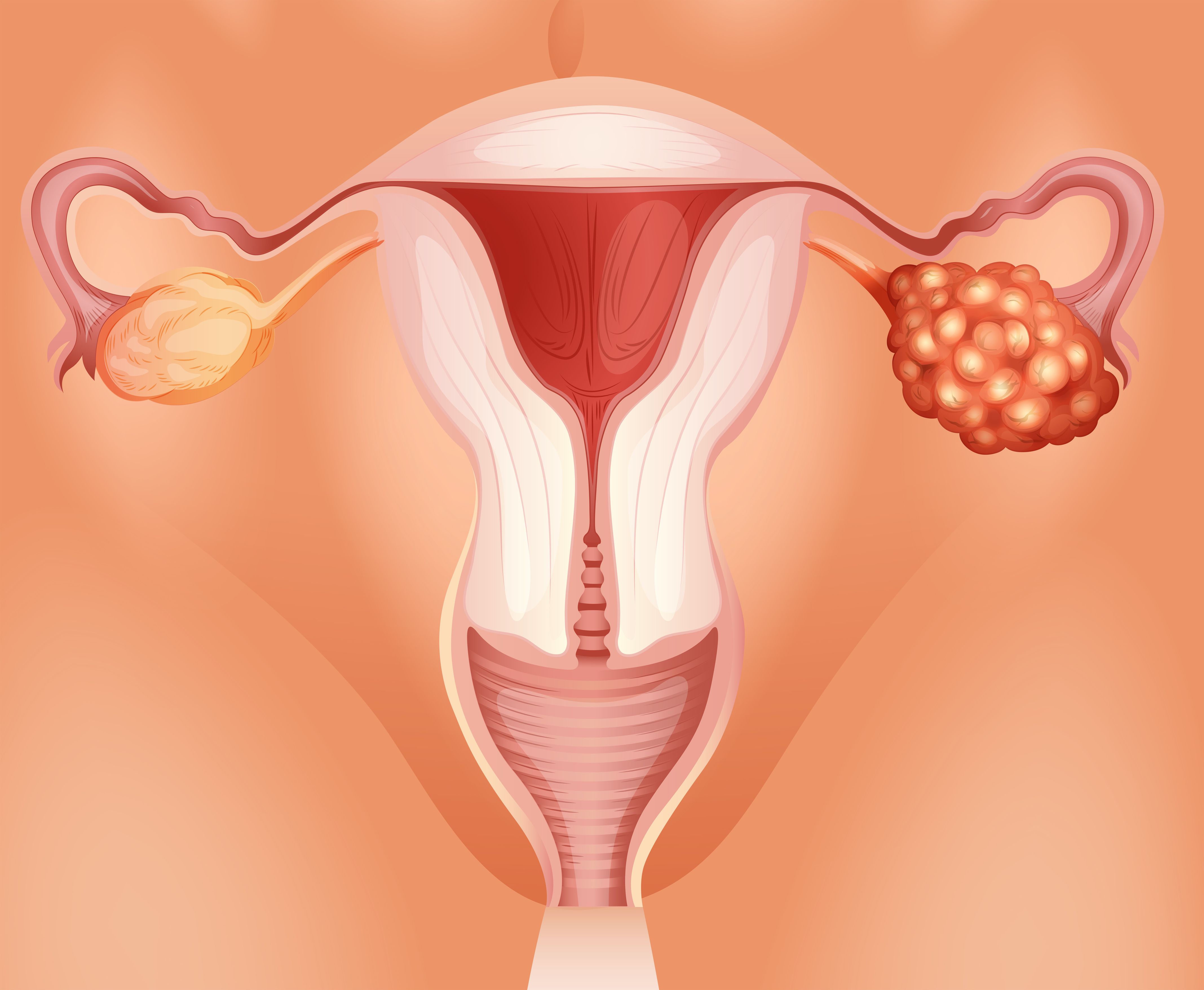About the Phase 1 Study of FSHR Cells in Ovarian Cancer
Trial Name: A Phase I Clinical Trial of an Infusion of Autologous T Cells Genetically Engineered With a Chimeric Receptor to Target the Follicle-Stimulating Hormone Receptor in Patients With Recurrent Ovarian Cancer
ClinicalTrials.gov Identifier: NCT05316129
Sponsor: H. Lee Moffitt Cancer Center and Research Institute
Recruitment Contact: Tanner Pearson, 813-745-6552, Tanner.Pearson@moffitt.org
Completion Date: March 2029
The fourth patient with ovarian cancer has begun receiving treatment with follicle-stimulating hormone receptor (FSHR T)-mediated T cells, a novel chimeric antigen receptor (CAR) T-cell therapy, in the second cohort of an ongoing phase 1 trial (NCT05316129).1
The first-in-human study, which is being conducted through a research partnership with Moffitt Cancer Center, includes patients with recurrent/resistant ovarian cancer who have progressed on at least 2 prior therapies. Findings have previously found the CAR T-cell therapy to be both safe and tolerable in the first 3 patients given treatment.
Now, this fourth patient, who is the first to be enrolled in the second cohort of the trial, was given triple the dose of CAR T cells vs those treated in cohort 1.
"First, we have the advantage of a target that is much more specific to our tumor tissue, which should minimize any on-target, off-tumor effect. Additionally, we are administering the engineered T cells directly into the peritoneum, which is the location of most of the ovarian tumor lesions. We hope that this delivery approach will enable direct trafficking of the CER-T-cells to the tumor sites and minimize adverse events such as cytokine release syndrome,” said Robert Wenham, MD, MS, FACOG, FACS, the principal investigator of the trial and the chair of gynecologic oncology at Moffitt, in a press release.
The FSHR-mediated CAR T technology, also known as chimeric endocrine receptor T-cell (CER-T) therapy, is a novel approach to CAR T therapy that differs from traditional methods through the targeting of FSHR. This receptor is found on ovarian cells and in the vasculature of tumors. This innovative approach opens up new avenues for CAR T-cell therapy by targeting hormone receptors, offering potential benefits in treating ovarian cancer and other FSHR-expressing tumors.
The phase 1 trial has an estimated enrollment of 48 patients with a pathologically confirmed diagnosis of high-grade epithelial ovarian cancer, primary peritoneal cancer, or fallopian tube carcinoma that expresses the FSHR antigen.2 Enrollment, in the study is open to patients who have received 1 prior platinum-based chemotherapy regimen, are considered refractory to treatment, and are with measurable disease.
Patients must also have an ECOG performance status of 2 or better; a life expectancy of at least 3 months; and acceptable bone marrow, renal, and hepatic function. If patients have a known germline or somatic BRCA pathogenic mutation, they must have been previously treated with a poly-ADP ribose polymerase inhibitor and subsequently experienced disease progression.Moreover, while patients are not required to, they may have received 6 additional previous chemotherapy treatment regimens.
Once enrolled, patients will receive 1 infusion of FSHR T cells intraperitoneally or intravenously at the following dose levels: 1 x 105, 3 x 105, 1 x 106,3 x 106, or 1 x107.
The primary end point of the trial is to identify the maximum tolerated dose of the FSH-CER T cells and secondary end points include duration of response, duration of stable disease, and overall survival with this approach. Investigators will also assess the effect of CER-T on pre-existing antitumor immunity.
“With no safety issues observed in the first cohort of patients, we have successfully advanced to the next cohort to evaluate a 3x higher dose. As the trial progresses, we seek to demonstrate efficacy of our cell therapy in solid tumors—a difficult challenge for traditional CAR T therapies that have been shown to be efficacious in hematological tumors and lymphoma," said Amit Kumar, PhD, chairman and chief executive officer of Anixa, in a press release.1
REFERENCES
Anixa Biosciences initiates dosing in second cohort of ovarian cancer CAR-T clinical trial. News release. Anixa Biosciences, Inc. February 12, 2024. Accessed February 13, 2024. http://tinyurl.com/7fb9ew73
Infusion of autologous T cells engineered to target FSH receptor in recurrent ovarian cancer. ClinicalTrials.gov. Updated January 25, 2025. Accessed February 13, 2024. https://clinicaltrials.gov/ct2/show/NCT05316129
